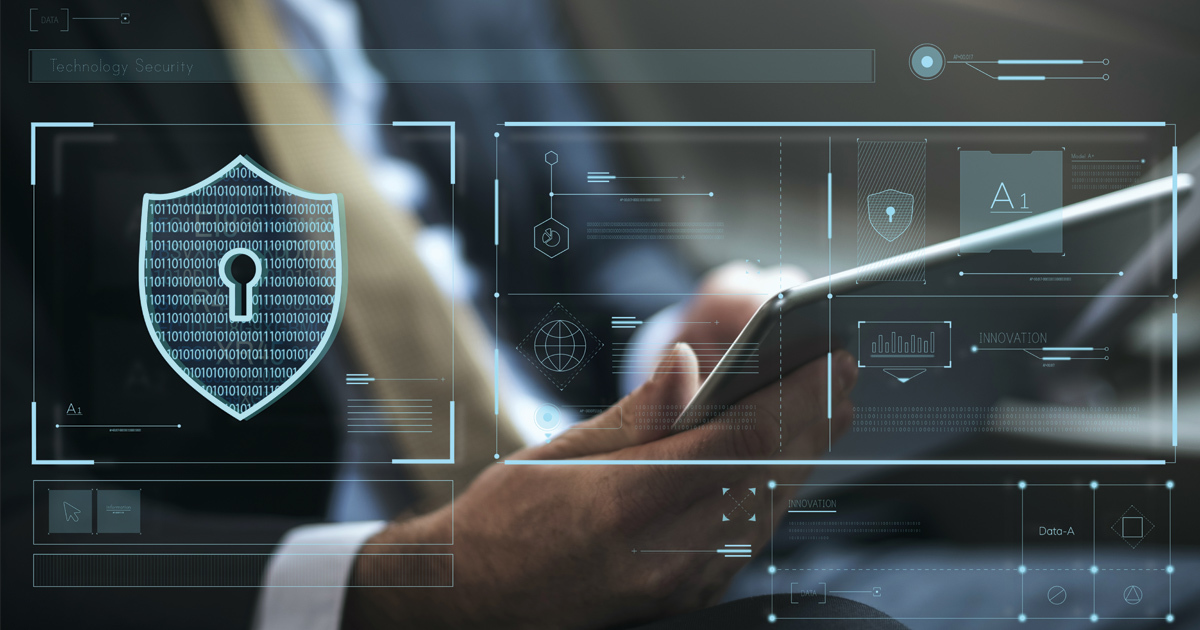
5 Industries that Gain the Most from Two-factor Authentication
What is Two-factor Authentication?
In essence, Two-factor Authentication (2FA) is an added layer of account security. It’s described as a method that combines “something you have" with “something you know". A basic example of this is a banking customer at an ATM. He or she will use both a bank card and a security PIN. If a hacker knows the customer’s PIN, they still need the physical bank card.
How Does 2FA Work?
2FA works like most login procedures. But, the main difference is that you have to enter an extra security key with your user ID and password. Let’s say you’re trying to gain access to your account online. You may receive a text message or push notification to your mobile phone. You can then log in after entering the code received to your mobile device.
Businesses use SMS, Voice, and Viber to send their customers a one-time PIN number. Providers like Routee have the tools for PIN generation. Each code is for an individual user and is only used once. Companies can also use authenticator apps and hardware tokens. These options are usually time-based. As a result, the security key is not valid after a given period of time.
Why is Two-Factor Authentication gaining popularity?
Over the last decade, we’ve seen a rise in hacking, data breaches, and other attacks. In fact, the WEF reported that cybercrime was the third largest global threat in 2018. In 2019, the cost of cybercrime will be greater than $2 trillion. As a result, corporations and the public understand the need to take extra steps to avoid threats. Usernames and passwords alone are no longer enough.
2FA is a great tool for companies to protect themselves and their customers. The added layer of security goes a long way to help. 80% of security breaches are preventable with 2FA. What’s more? Security now plays a part in the customer buying decision. 71 percent of customers said they would leave a company after a data breach. Next, let’s look at which industries have the most to gain from 2FA.
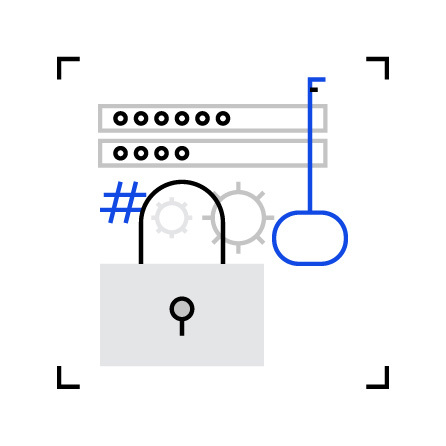
Internet
Because 2FA helps makes accounts on the web more secure, the internet industry itself is a clear home for it. For internet companies like Google, Facebook, and Instagram, 2FA has real value. Of course, people want to protect their social and email accounts. Not to mention, social media and mobile apps help gain access to other platforms. Using two-step verification, companies provide users with peace of mind. As a result, they can increase customer satisfaction and loyalty.
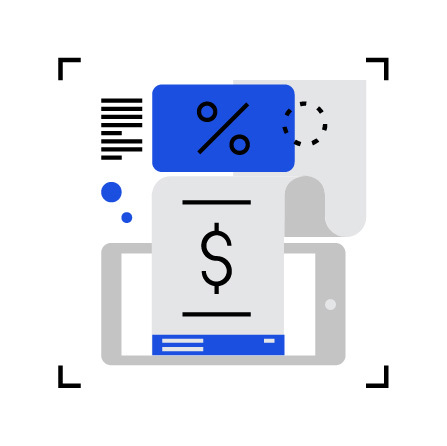
E-commerce
For e-commerce, 2FA helps solve the issue of credit card fraud. Fake charges are actually growing two times faster than e-commerce sales. Particularly for big-ticket items, this can be a big issue. Companies can end up paying the price. Shipping and refunds to scammed customers are costly. Using 2FA, companies can avoid this and increase their bottom lines.
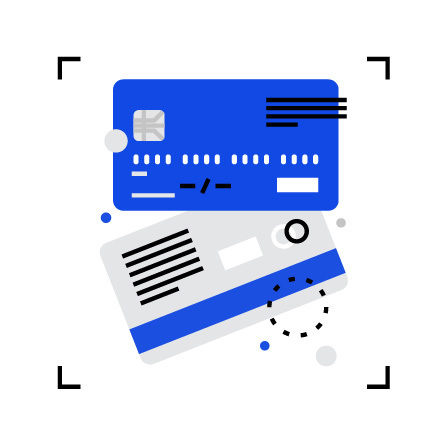
Finance
For most people, protecting financial documents and money is a big concern. Because banks a top target, they need to offer added security. For banks, building trust with their customers is the key to long-term relationships.
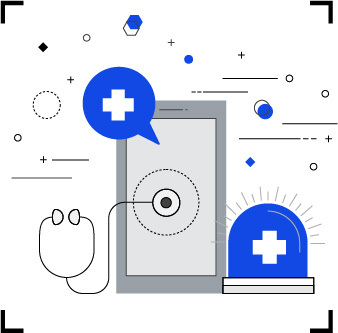
Healthcare
Sending electronic records can pose a threat to both patients and providers. Healthcare portals are also becoming more common. Combine this with the industry’s strict privacy rules, and 2FA is a valuable tool. By using 2FA, healthcare professionals can make sure their patients’ information stays private.
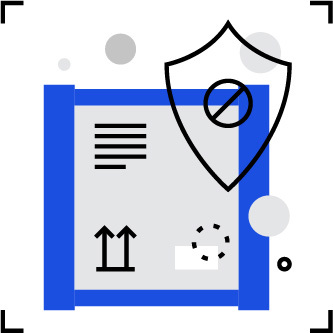
Government
Government bodies are prime targets for cybercrime. Usually, government databases store financial, economic, and military information. 2FA in government can ensure that only those approved can access this data. Not to mention, it could help prevent cyber and physical attacks.
Are you ready to make your business more secure? Talk to our experts about how to get started.
